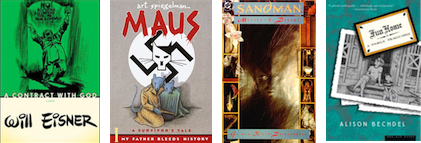After the jump you’ll find several links to materials I use for teaching rhetorical analysis as well as explanations of how we go through these different steps. I’m not going to argue that the way I do it is perfect, and I’d be glad to get your feedback if you have some suggestions for improvement.
It takes about 3 or 4 weeks to get from start (introducing the concepts) to finish (gathering up all of the completed essays). Roughly speaking, this is how things happened this semester, when I’m teaching a TTh schedule; if I were to do this in a MWF schedule, I would break things down differently.
If any of the links don’t work, please let me know. You’re free to use any or all of this material, if you choose to.

